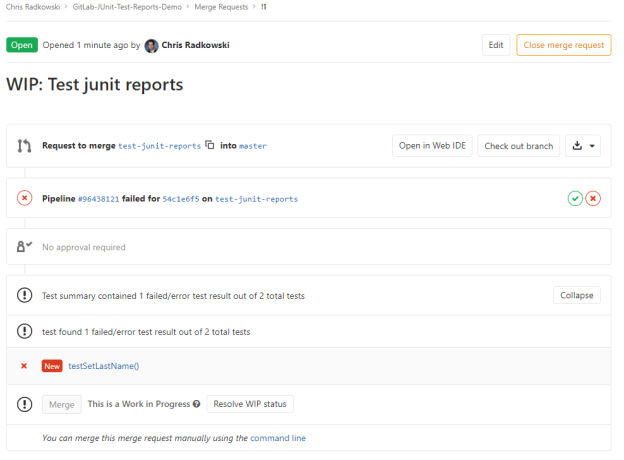For over the past month I have been working as a member of the UpdateGuest team as part of developing for the LibreFoodPantry community. This blog post is a retrospective for the first sprint our team had. During this first sprint our team focused on setting up the UpdateGuest service and beginning the research into the tools we want to use to implement this service.
The issues that I was assigned to work on for this first sprint mostly focused on figuring out what we needed from other teams for the UpdateGuest service to function and what information the UpdateGuest service needs to store and to provide for other services under the VisitModule.
Specifically looking at the work I did this sprint:
The first issue I worked on was determining what data fields UpdateGuest would store, this was relatively simple and we decided that our service would mostly be using the fields the RegisterGuest team was storing since our service pulls guest data from theirs.
The second issue I worked on was a quick one creating a .gitignore file for one of our projects.
The third issue I worked on was determining the endpoints UpdateGuest needed from RegisterGuest to be able to get data from their service, this was solved quickly as the RegisterGuest team posted an issue where they listed all of the endpoints their service would have and this was all we needed.
The last issue I solved was what endpoints UpdateGuest needed to create for other services to use (along with our own), this became a discussion on many things, mostly with our team and the RegisterGuest team, to coordinate the endpoints and data they needed from us and how to format the endpoints and the data we are sending back and forth, but also how our service functions in general.
Finally, I helped to discuss and merge the creation of the Angular app for the UpdateGuestWebUI project.
I think that during this first sprint that our team did well. We successfully completed nearly all of the issues that we initially proposed to work on at the beginning of the sprint and even managed to create a couple of new ones and pull some additional issues from the backlog that were completed. Our pacing and completion of issues was mostly on track with the weighting system we used when creating the issues during sprint planning, although this might need some refining. We had good meetings in class where we all talked about what we were working on and we resolved any issues or questions that were ongoing with our work. We also used GitLab effectively to coordinate all of this work and document the different discussions and work as it was ongoing throughout the sprint.
I think that some things could be improved. I think that we could all try talking and communicating a bit more both in-class during our sprint meetings and outside of class either on issues on GitLab or on Discord. From Dr. Wurst’s suggestion I think we should establish some working policies for the rest of the semester’s sprints, especially about communication, but also when work should be done on the project. I think this is necessary so that others have time to contribute and interact on other group member’s issues and work before class meetings, so we are better prepared to discuss them in-class. I think specifically we need to define a team policy of replying to comments on GitLab or Discord when someone directly mentions an individual or the whole team asking for input that helps to solve or facilitate an issue.
Individually I think that I need to improve on my own communication skills and in helping facilitating team meetings in-class. Most importantly, I think that I need to get better at letting others talk and understanding the points they are making, especially if their opinions or solutions differ from my own, before I comment on them. Additionally, I think I need to get better at articulating my explanations of solutions and trying to not sound condescending while doing this. I also think that I could improve on my response time when directly mentioned on GitLab on issues.
Overall, I am excited to be working on a LibreFoodPantry project again and look forward to the remaining sprints as we continue developing our services this semester.
From the blog CS@Worcester – Chris' Computer Science Blog by cradkowski and used with permission of the author. All other rights reserved by the author.

